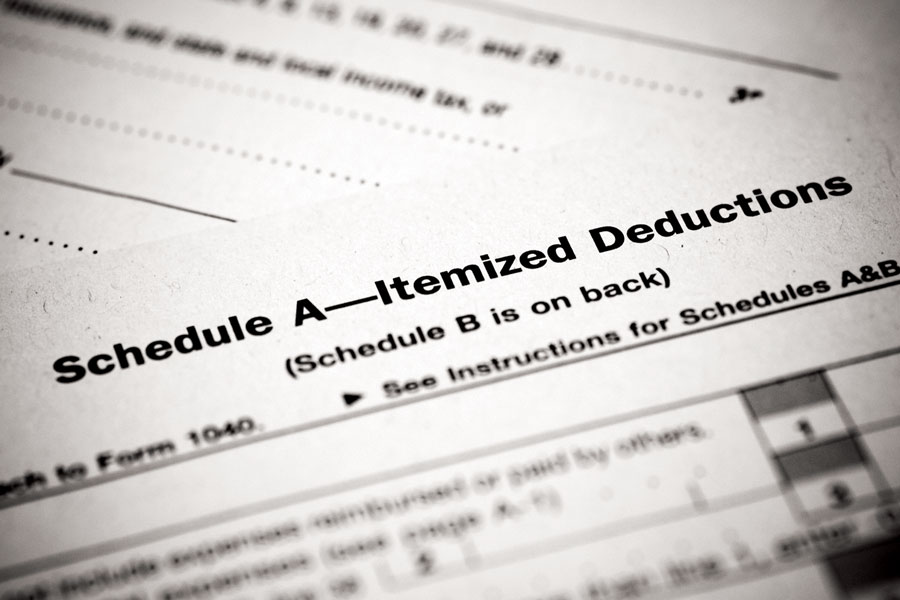Should clients convert all of their individual retirement accounts to Roth IRAs? The long-term benefits of tax-free accumulation and no lifetime required minimum distributions make a persuasive case to go all in on the Roth IRA.
However, even if you are big Roth IRA believer, like me, there are significant tax benefits that can be lost if you don't keep at least some funds in traditional IRAs. The core tax planning principle here is to withdraw IRA funds when tax rates will be the lowest.
[Recommended video: Ed Slott: Every adviser must master IRA withdrawal strategies]
Here are five reasons to keep some traditional IRAs so they can be withdrawn (or even converted later) when the tax can be minimized.
1. Medical expenses
It's not unusual lately to see tax returns that contain medical deductions in excess of $100,000. These often include nursing home costs and home improvements related to medical conditions, such as wheelchair access ramps and other big-ticket expenses. If all IRA funds were converted to Roths, there would be no traditional IRA funds left to absorb these future deductions and the deductions would be lost.
2. Business losses
Along the same lines as the medical deductions, if you have clients who own businesses, future losses could be used against IRA distributions, reducing or even eliminating the tax impact on those withdrawals. If there were no traditional IRA funds and little other income, those business losses might be wasted. A loss is bad enough but losing the loss deduction is a double hit.
3. Low tax brackets
Each year, every taxpayer gets to use the lower tax brackets. A large amount of income can be pushed into the 10%, 12%, 22% and 24% brackets. If they are not used, they are lost forever. It might pay to keep some traditional IRA funds to take maximum advantage of the lower brackets in the future. The low brackets combined with larger standard deductions may allow future IRA RMDs to be withdrawn at lower rates for many years, significantly reducing the long-term tax bill. That's a good reason to keep some traditional IRAs.
4. Beneficiary tax rates
Think even longer term. Yes, any IRA funds not converted will be subject to RMDs, but those are generally a small percentage each year and can soak up the lower brackets mentioned above. But after death, the tax on the inherited traditional IRA RMDs may even be lower depending on how many beneficiaries there are and their tax brackets.
For example, if there are three beneficiaries, they each get to use up their lower tax brackets each year. Even if the tax proposal (under the SECURE Act) to
eliminate the stretch IRA and replace it with a 10-year payout term comes to pass, three beneficiaries can still spread their RMDs over 30 tax returns (three each year for 10 years). That can drastically reduce the overall future tax that will be paid on the traditional IRA funds.
5. Qualified charitable distributions
QCDs can reduce or eliminate the income from IRA RMDs. Since traditional IRA funds are generally pretax, they are the best assets to give to charity. Most people give to charity and they should keep some traditional IRAs on hand to take advantage of the QCD, allowing part or all of the eventual RMDs (the amount that goes directly to the charity from the IRA) to be excluded from income, eliminating the tax bill on the RMDs while also reducing adjusted gross income. Reducing AGI provides a ripple effect of additional tax savings by allowing more AGI-based tax benefits and deductions.
If there are no traditional IRA funds, the QCD benefit is lost each year. This tax break is now more valuable since most people no longer can deduct their charitable gifts due to the larger standard deduction. With the QCD, clients get the larger standard deduction and the exclusion from income. The QCD benefit is only available to IRA owners and beneficiaries who are age 70½ or older.
It might pay to keep some traditional IRA funds on hand to withdraw at low tax rates in the future.
[More: The perils of do-it-yourself IRA transactions]
For more information on Ed Slott, Ed Slott's 2-Day IRA Workshop and Ed Slott's Elite IRA Advisor Group, please visit www.IRAhelp.com.







